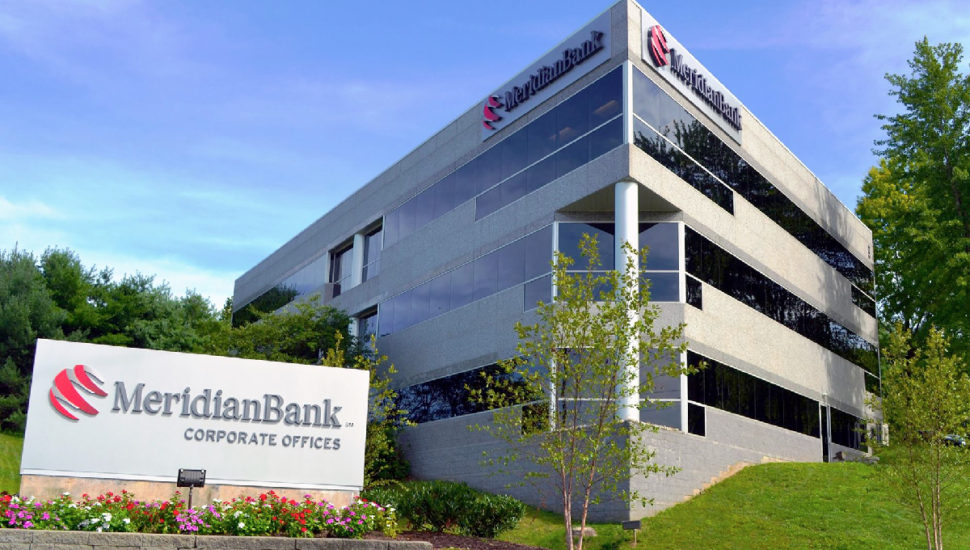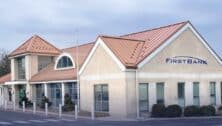Meridian Bank Stands Strong Where Others Cash Out

In the difficult community banking environment where many startups have either closed their doors or have been swallowed by larger conglomerates, Meridian Bank is one of the few Philadelphia region small bank that has been successfully fighting the tide.
Nearly ten years ago, the general consensus in the region was that Penn Liberty was the bank to beat, based on the big names on the bank’s board and the substantial capital it had raised. That was then, whereas now, Penn Liberty, which has struggling with profitability, has agreed to be bought out by the WSFS for $101 million, which is only 7 percent of its illiquid investment returns, while Meridian is standing stronger than ever.
“Meridian has been the ‘we try harder’ bank ever since,” said Chris Annas, the Chief Executive Officer of Meridian Bank, “and we’ve really outperformed them and all the other banks that started around that time, particularly in profitability.”
Judging by the data provided by FDIC.gov, Annas is correct in his assessment, as Malvern based Meridian has been growing its assets by 10 percent or more annually, and profits have been increasing by around $1 million each year since 2009, reaching $5 million last year. This makes Meridian roughly twice as profitable as the similarly sized Penn Liberty.
One of the reasons why the wave of startup banks that began ten years ago is dwindling, according to Annas, is the way community banks have been assaulted by regulation.
“Banks have been saddled with layers of expense and scrutiny that make it difficult to generate returns for investors,” stated Annas.“The FDIC has literally shut down new bank applications, having only approved two in the country in the last six years, compared to about 30 per year prior to 2009.”
The resulting turmoil that has hit the Delaware Valley banking market saw Continental being sold to Bryn Mawr Trust, Conestoga sold to Beneficial, and National Penn and Susquenanna both sold to BB&T, leaving fewer options available to local business owners.
According to Ted Peters, the former Bryn Mawr Trust Corp. boss who now runs the Bluetone Financial bank-investment fund, local banks needs at least $2 billion in assets to maintain their independence. Whether Meridian will be one of the banks that accept the $100 million plus deals to relieve the pressure or whether it’ll stay independent, remains to be seen.
A question and answer with Meridian Bank president and CEO Chris Annas as part of the Reading Eagle Business Weekly was published in July 2013.
Connect With Your Community
Subscribe to stay informed!
"*" indicates required fields















![95000-1023_ACJ_BannerAd[1]](https://vista.today/wp-content/uploads/2023/03/95000-1023_ACJ_BannerAd1.jpg)
































